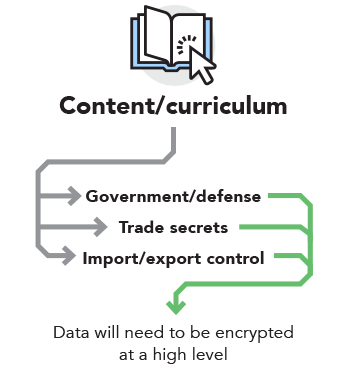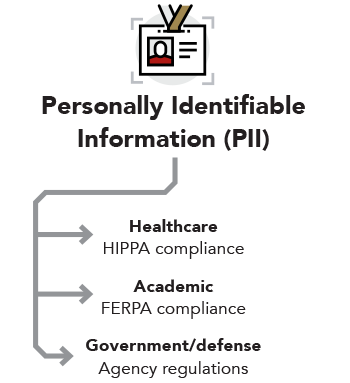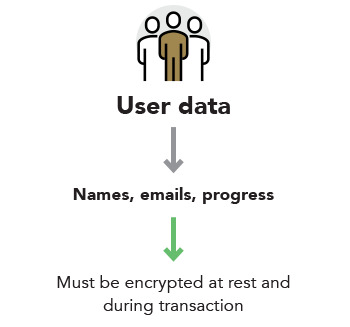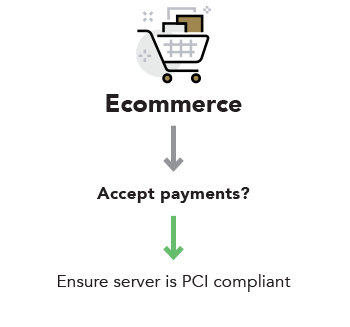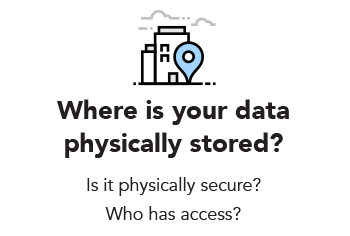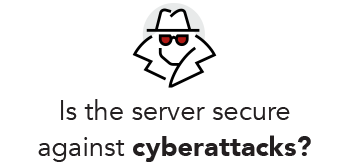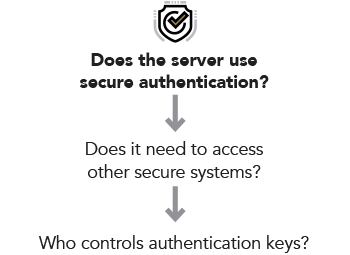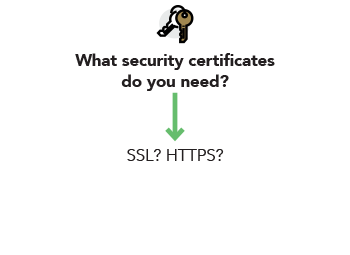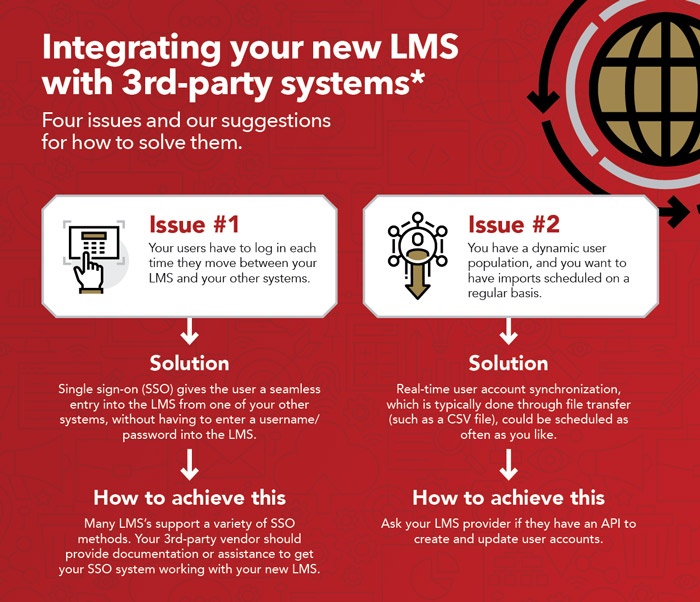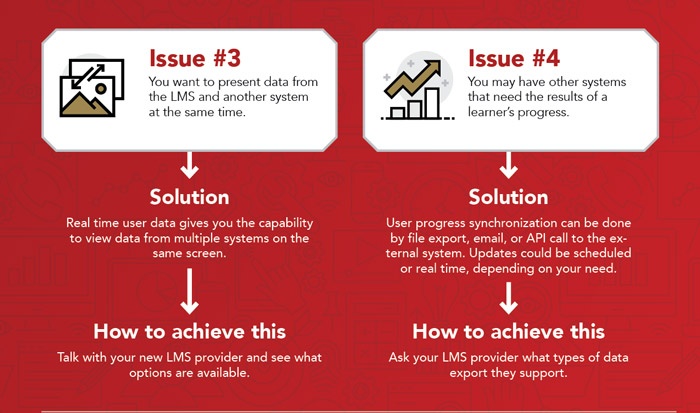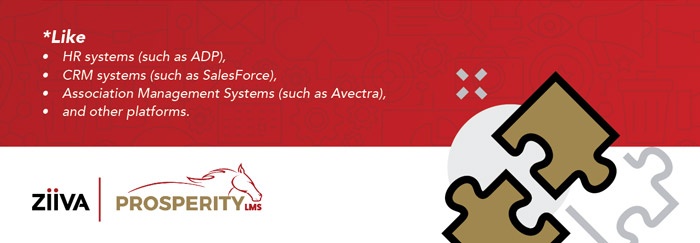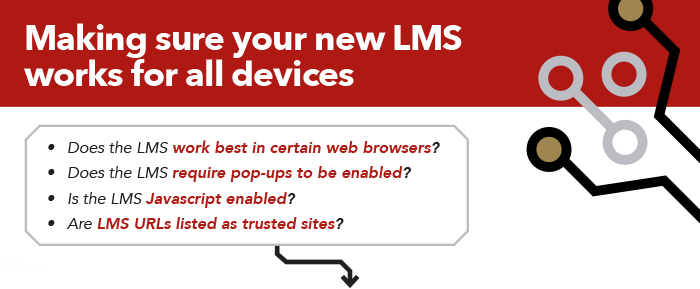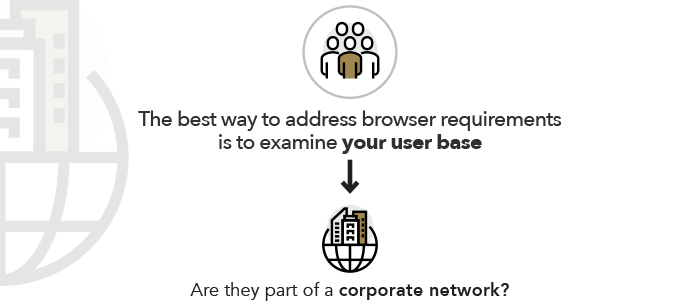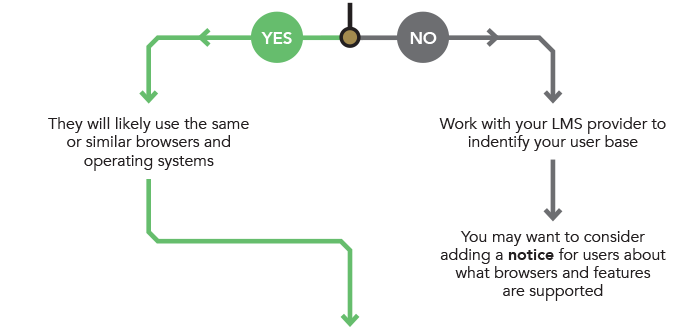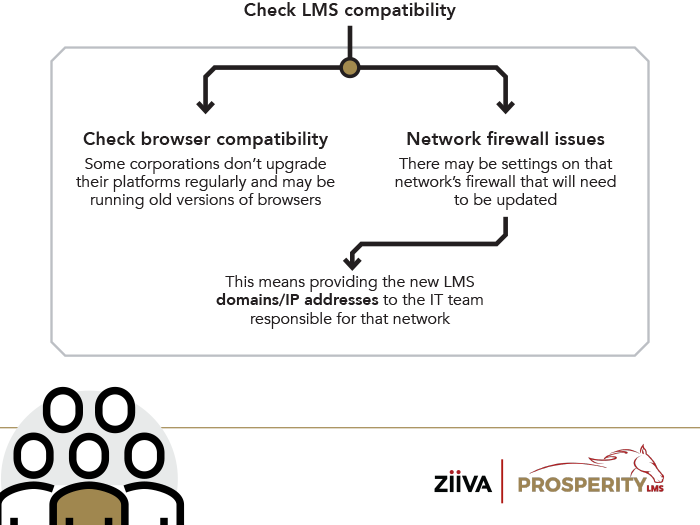
If you’ve decided you need a good Learning Management System (LMS) to help your organization meet its goals, you may have signed up for a free trial from another company. It’s possible that experience didn’t go particularly well. Why? Free trials can be a decent way to try out some kinds of software, but a good LMS is custom tailored to meet your company’s needs — and a free trial simply cannot replicate that experience.
Prosperity is customized to fit your needs exactly, following best practices, and we provide the training and support to make sure you get what you want and need from our system. For more personalized information about this process, contact us.
Things to think about before signing up for a free trial
 If you’re considering trying a free trial, you should be aware of the many potential pitfalls that will make a true evaluation difficult. Free trials give you only a limited amount of time — but an LMS that works for your unique needs requires hours of training and setup time. Will you have the time to learn the workflows and really delve into the features of a system? More importantly, will the time you and your team put into learning a system during a free time end up being wasted effort if the system doesn’t meet your needs?
If you’re considering trying a free trial, you should be aware of the many potential pitfalls that will make a true evaluation difficult. Free trials give you only a limited amount of time — but an LMS that works for your unique needs requires hours of training and setup time. Will you have the time to learn the workflows and really delve into the features of a system? More importantly, will the time you and your team put into learning a system during a free time end up being wasted effort if the system doesn’t meet your needs?
Perhaps you’ll settle for a less-than-perfect solution exactly because of the extensive time and effort put in to a “free” trial. But, obviously, LMS providers can’t devote the resources to design the system you really need if it’s just for a free trial that you might walk away from.
The unfortunate issue is that free trials often end up wasting the time both of the customer and of the LMS provider. It is a wholly inadequate approach to achieving the kind of positive results a well-designed, properly set-up LMS can deliver.
Prosperity versus a free trial
Prosperity delivers. We can set you up with a system that does what you need, meets your exact requirements and meshes perfectly with your company’s culture and personality. We offer a fully supported setup, a dedicated implementation team and personalized training sessions. We’ll provide you with the technical resources, training and assistance necessary to build the perfect LMS for you. Contact us for more information.
Free trials can be seductive, we understand. It may seem like a way to test drive a system to see if it can meet your needs. But the downsides, while not always apparent, make a true evaluation impossible.
For example, if you need a reliable LMS that helps you manage compliance certifications, you'll want to test features like auto emailing and automatic tracking of different sets of data. Perhaps you want to track who needs what certification and what employees have taken certain courses. To truly test that new system, you need to take the time to input data and run actual tests.
 When you work with Prosperity, we will start with your goals and objectives and build a system that will make it easy for you to get what you need from the software. You won’t get that from a one-size-fits-all free trial. If you’re going to put the time and effort into setting up an LMS, it should be one you know from the beginning will do exactly what you need. (You can download our LMS Checklist here.) Prosperity can promise that because we customize each and every instance of our software to meet the customer’s individual needs.
When you work with Prosperity, we will start with your goals and objectives and build a system that will make it easy for you to get what you need from the software. You won’t get that from a one-size-fits-all free trial. If you’re going to put the time and effort into setting up an LMS, it should be one you know from the beginning will do exactly what you need. (You can download our LMS Checklist here.) Prosperity can promise that because we customize each and every instance of our software to meet the customer’s individual needs.
You want your LMS provider to understand your company’s unique needs and provide a platform that helps you close gaps and streamline operations. You want an LMS provider who will be a full partner in your success.
We will be that full partner.
We'll adapt our system to meet your needs and provide you the training and support you need to be successful. We are committed to a lasting relationship where you are totally satisfied with the end product.
So, contact us to set up a 30-, 60-, or 90-day pilot of our Prosperity LMS. Test drive our system to make sure you get what you want and need from our system.

